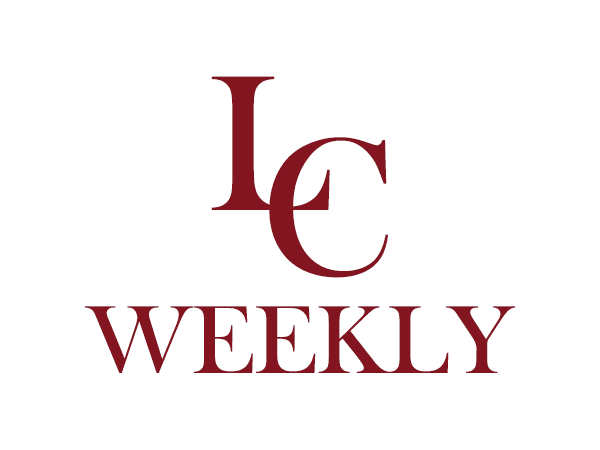Recently a colleague gave me a copy of the recently reissued The Teacher Who Couldn’t Read: One Man’s Triumph over Illiteracy by John Corcoran. Even though I’ve worked in the adult literacy field for almost twenty years, I was astounded by how Mr. Corcoran, a college graduate, high school teacher and real estate entrepreneur, was able to conceal his disability for years through elaborate coping strategies. Despite his public success, he was miserably unhappy and lived in constant fear of his secret’s discovery until his mid-50’s when he summoned the courage to come to a community literacy organization for help.
Because his story is so remarkable, many people refused to believe him when he had the courage to tell it. I sometimes encounter the same skepticism when I tell people that an estimated 10,745 Beaufort County adults lack basic literacy skills. Often it is because they “don’t know anyone like that.” This is largely because low literacy adults have too much to lose if they reveal their secrets. A former Nazi concentration camp worker in the Academy Award-winning film and true story The Reader went to jail rather than admit she couldn’t sign her name; Mr. Corcoran risked physical injury, arrest, and loss of friendship to avoid detection. It is often a crisis that sparks a low literacy adult’s decision to come forward.
At Literacy Volunteers of the Lowcountry, we encounter many adults who for one reason or another don’t have the tools they need to reach their potential—either because they were denied an education, dropped out of school, have a learning disability, or don’t speak, read, or write in English.
Like Mr. Corcoran, I want to shout from the rooftops that we are leaving adults behind and that our collective denial of the urgency of this problem imperils our region and our nation’s economic prosperity.
Consider these facts:
• 32 million adults in the U.S. lack the skills to consistently and correctly read connected sentences and paragraphs—skills needed for success in the workforce
• A high school dropout has an average annual income of $17,209 while a college graduate has an average income of $52,671
• 15.5 percent of the least educated adults are unemployed
• 62 percent of Department of Social Service recipients in South Carolina haven’t completed high school
Whereas undereducated adults sap our economic vitality, an investment in adult literacy returns $33 for every dollar invested. Yet as a nation we invest relatively little in adult basic education and literacy. Only $585 million of federal funds were allocated to the states to serve 3 million adults in 2006 – less than $200 per student. In contrast, the average K-12 pupil state expenditure in the U.S. that year was about $10,000. In 2008-2009 the South Carolina Department of Education allocated only $164 per adult low literacy student, and state – and federal – funding for the education of adults is expected to continue to decrease despite a growing need to educate adults.
John Corcoran emerged from the shadows of illiteracy and discovered a brighter future. We need to ensure that the help that was available to him continues to be available to others regardless of their means. We all can help by volunteering, by donating, and by letting our elected officials know that education doesn’t cost: it pays.
Nancy Williams is Executive Director of Literacy Volunteers of the Lowcountry.







